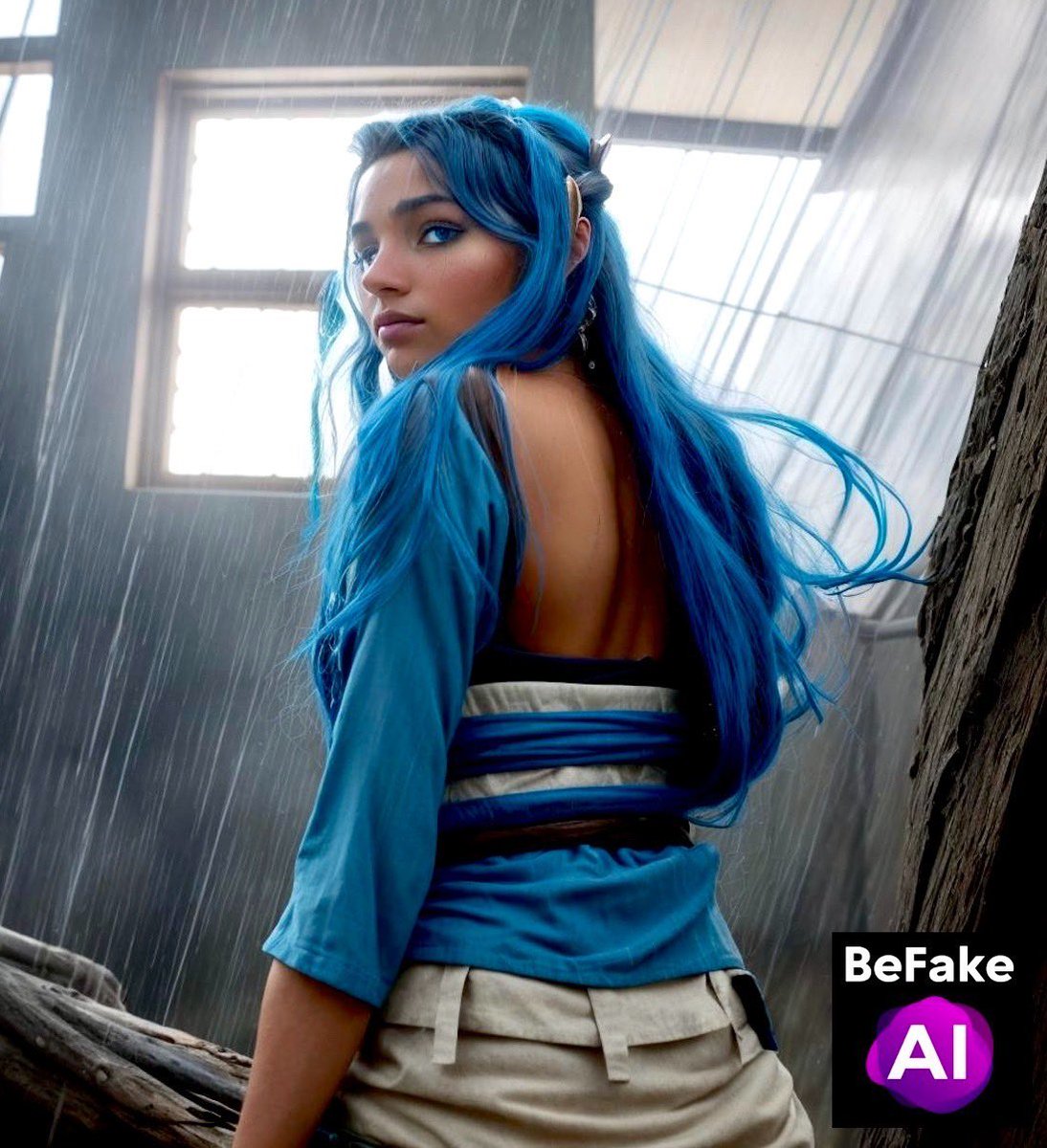“Why be real when you can be fake?” That’s the motto of the new AI-augmented social media platform, BeFake, launched by former mobile gaming CEO, Kristen Garcia Dumont.
The app augments a photo of yourself using GenAI-visual augmentation. BeFake AI is a platform that allows users to express themselves through AI-generated imagery, emphasizing fantastical or themed backdrops and visual elements.
Unlike the app BeReal, which captures both a selfie and frontal photo simultaneously to show what’s really happening, BeFake AI encourages users to embrace the “fake” and uses artificial imagery as a creative outlet. The platform can be used individually or with friends and includes a once-daily notification to encourage users to post similar to BeReal.
Visual augmentation has already been possible within SnapChat, Tiktok, etc, and the more capable GenAI services like Midjourney, but presumably BeFake is easier to use and have the social aspects common with the TikTok’s of the world.
CEO Dumont says the app was built to break down “the barriers of human connection,” and believes AI can “democratize social media and reduce the stress, pressure and vulnerability” many feel when posting or viewing content.
BeFake AI seems to be targeting Gen Z (technically those aged 9 to 24). The question is – do GenZ want to completely augment and distort their real-life?

BeFake AI’s Leadership: Kristen Garcia Dumont
Kristen Garcia Dumont is the founder of Alias, which created the BeFake AI app. Before founding Alias, Kristen had previously been a partner at a law firm in Silicon Valley. She later served as an advisor for two years at Machine Zone (MZ), the free-to-play mobile gaming company, before joining as COO of MZ. She was responsible for strategy and operations and oversaw growth at MZ.
When the co-founder and CEO, Gabriel Leydon, departed to focus on a spin-off of cryptocurrency business, Satori, Dumont was made CEO in 2018. MZ’s board of directors brought in Dumont to refocus MZ on its gaming roots and away from becoming a technology and crypto/blockchain company under Leydon’s leadership.
Dumont restructured the company by laying off a large portion of MZ’s marketing team and shifted the marketing strategy away from expensive Super Bowl and TV ads with Kate Upton and later Mariah Carey’s sex appeal and into more tangible marketing channels.
KKR & Co.-backed AppLovin Corp acquired Machine Zone in March 2020 for approximately $500 million. AppLovin Corp. later went public about a year later in April 2021.
Dumont later founded Alias, an AI face-swapping app for video-based pseudonymous social media platform, that may have evolved into BeFake AI. Alias allows users to swap their faces out for others during a recorded video. Alias does not appear to have a publicly-available app as of this writing.

My take
Humans desperately want REAL connections with SELECT real people. Augmenting pictures of yourself seems gimmicky at best, but perhaps I’m just not the target demographic. We’ll see if BeFake AI is able to acquire Gen Z users and then keep them engaged, or if the users will get tired of faking it in lieu of something real. And time will tell if I’ll be eating my words and developing my own BeFake AI profile.
BeFake AI is in the very least yet another GenAI-ification that is making its way through existing business models. It’s an interesting idea to keep on the radar and Dumont’s gaming executive leadership has proven she knows how to build products and keep users engaged.
